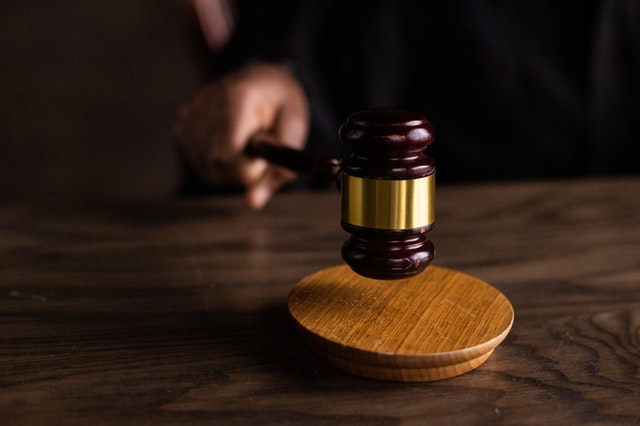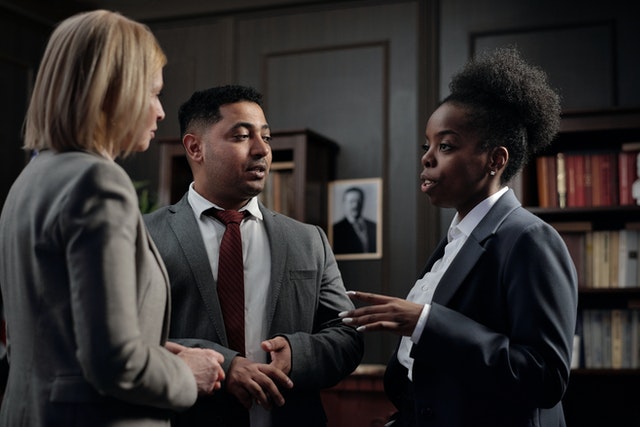Criminal trials are great television drama, but the beginning of the trial is often off-script. This article will give you information on how charges are filed and what happens between arrest and trial.
The Information
The first way a criminal trial can be started is through a document called “information.” This document is written by the prosecutor and is similar to a complaint in a civil trial. After finding probable cause at the preliminary hearing, the information is filed. The prosecutor describes what happened in a series of statements and then shows how the defendant’s actions are crimes. Information content can come from police reports and other documents produced through police investigation, but it can also come from complaints submitted by citizens.
In most states, prosecutors proceed to trial after felony charges are filed through the information. In the federal system, a prosecutor can file misdemeanor or felony charges through information (if a grand jury is waived).

Indictment
The second way a criminal trial can begin is by indictment through a grand jury. A prosecutor will review the evidence gathered by the police and give that evidence to a jury. The jury will decide whether the defendants should go to trial.

Appointment
The third way to file criminal charges is the easiest. A police officer can watch someone commit a misdemeanor, such as speeding, crossing the street, or littering, and write a ticket, also known as a citation. Quotes can only be used to accuse someone of a violation, which are misdemeanors that are generally not punishable by prison.
Importance of the Pre-Trial Period
While there are different ways that charges can be brought, the process they initiate is ultimately important, especially from the perspective of a criminal defendant. While it may not be good theater, this process is made up of various constitutional protections to prevent abuse by the government. After all, during the pre-trial period, a defendant and their attorney can challenge the prosecution’s actions and initiate negotiations to possibly reduce the charges or initiate an agreement with the prosecutor.
The defense team can also challenge certain pieces of evidence (such as confessions) and avoid your admission at trial, or they can use this period to present more favorable evidence. In other words, in many cases, the pre-trial period can ultimately shape the outcome in a case.



 State courts are three-tier courts with a court of the first instance, a court of appeal, and a supreme court. The judges of the state courts are appointed or elected.
State courts are three-tier courts with a court of the first instance, a court of appeal, and a supreme court. The judges of the state courts are appointed or elected.